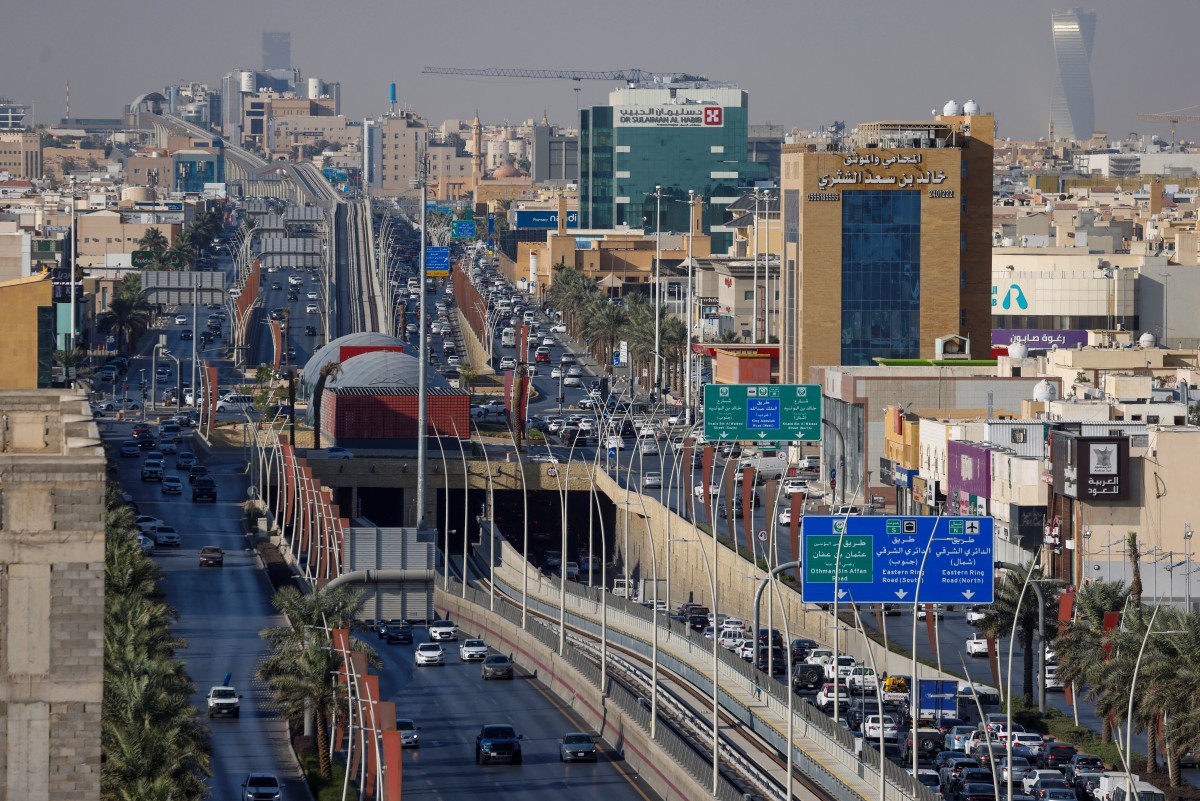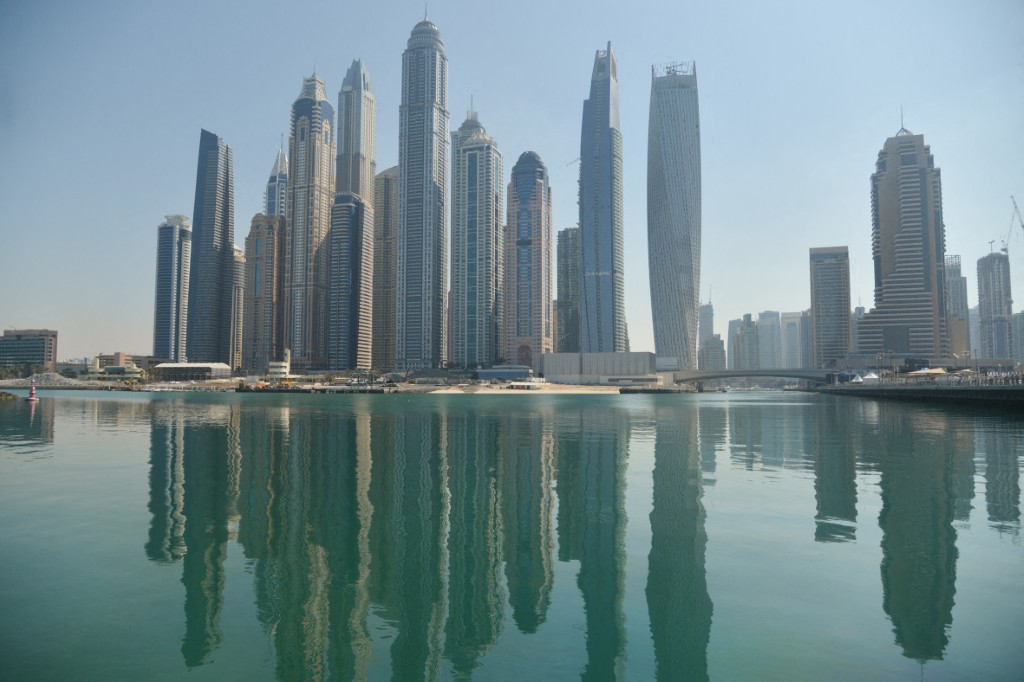Dubai, UAE— The Gulf Cooperation Council (GCC) is undergoing a powerful economic transformation, with surging tourism, mega infrastructure projects, expanded energy output, and sweeping market reforms combining to open up unprecedented opportunities for global investors, according to the latest outlook by Franklin Templeton Emerging Markets Equity (FTEME).
The region, the FTEME report says, is being reshaped by four core growth drivers: rising consumption powered by booming tourism and domestic demand; the strategic expansion of energy output, including renewables and liquefied natural gas (LNG); large-scale infrastructure investments; and far-reaching market reforms aimed at boosting foreign equity participation and deepening capital markets.
“Despite global uncertainties, the GCC region offers a unique combination of economic diversification, ambitious infrastructure investment programs, and dynamic financial reforms that create a compelling investment landscape,” said Salah Shamma, Head of Investment and Portfolio Manager, MENA Equities at Franklin Templeton. “By focusing on company-specific beneficiaries and partnering with local expertise, investors can capitalize on the region’s growth potential.”
The FTEME outlook emphasizes how GCC countries have reduced their dependence on oil and gas, opened their capital markets, and diversified their economies — all underpinned by strong fiscal positions that bolster investor confidence.
Franklin Templeton noted that foreign participation in GCC equity markets has surged in recent years. “Reforms including eased foreign ownership limits and upgraded financial infrastructure enabled the inclusion of the UAE, Saudi Arabia, Qatar, and Kuwait in the MSCI Emerging Market Index,” the report stated. This inclusion, along with Oman potentially joining in 2027, has driven foreign equity inflows to double, reaching US$60 billion by the end of 2024 compared to 2022.

Additionally, the report highlights a striking decline in the equity risk premium (ERP) in the GCC — from 6.6% in 2016 to 2.4% by March 2025 — reflecting lower perceived risk among investors. FTEME also pointed to the low correlation between GCC and world markets as a key diversification advantage for international investors.
Central to the GCC’s transformation, according to Franklin Templeton, are government-led investment programs. Between 2018 and 2028, the region is set to deploy an estimated US$2.65 trillion in infrastructure investments. Saudi Arabia leads this charge, committing over US$1 trillion by 2030, including giga-projects like Neom, the development of new cities, and a US$30 billion expansion of King Salman International Airport.
Similarly, the UAE is ramping up investment in energy and transportation infrastructure, expanding the Dubai Metro and Etihad Rail network. Qatar’s North Field gas expansion is another major contributor, set to double LNG production by 2030.
“As investment activity accelerates, investment opportunities in the logistics sector will stand to benefit from rising infrastructure demand,” Shamma said. “The banking system is also likely to benefit from this growth cycle, supported by increased liquidity and demand for credit.”
On the consumer front, Saudi Arabia aims to attract 150 million tourists by 2030, while the UAE is targeting 40 million hotel guests by 2031 — projections that Franklin Templeton believes will significantly boost consumption across sectors. Dubai’s latest investments in a new airport and solar power also align with its sustainable tourism development goals.
Elsewhere, Kuwait is showing renewed momentum, Franklin Templeton noted, with a recently approved sovereign debt law and new mortgage laws expected to unlock growth across banking, real estate, and construction. The UAE’s Centennial 2071 plan, focused on soft power areas like education and health, further adds to the diversification push.
Shamma concluded: “The GCC region has demonstrated remarkable resilience and continues to present compelling opportunities for investors who understand its evolving dynamics and future-forward vision.”








